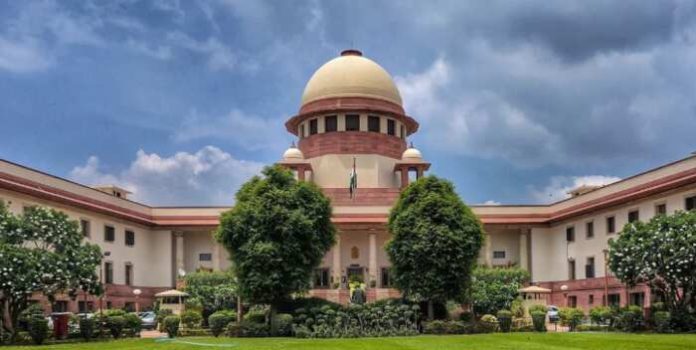Introduction
Indian Railways, one of the largest rail networks in the world, plays an essential role in the nation’s economy and transportation system. At the helm of this vast organization is the Chairman of the Railway Board (CRB), the highest-ranking officer in the Indian Railways. The CRB is responsible for formulating policies, overseeing operations, and ensuring that the railway system functions smoothly and efficiently.
On the other hand, landmark cases like Chairman, Railway Board vs Chandrima Das have had a significant impact on legal perspectives concerning the responsibilities of Indian Railways, particularly in relation to public accountability and the protection of citizens’ rights. This article delves into the roles and functions of the Chairman of the Railway Board while discussing the Chandrima Das case, which shaped Indian Railways’ legal obligations.
Chairman of the Railway Board: Role and Responsibilities
The Chairman of the Railway Board is the chief executive officer of Indian Railways and is responsible for overseeing the entire railway system. Th ensures the implementation of government policies, coordinates with various railway zones, and works to improve the operational efficiency of the network. The role involves working with different departments, including engineering, finance, operations, and traffic management.
In addition to overseeing day-to-day operations, the CRB plays a key role in infrastructure development, ensuring that Indian Railways keeps pace with the growing demands for passenger and freight services. The position involves strategic planning for railway modernization, safety measures, and the introduction of technology-driven solutions such as high-speed trains and advanced signaling systems.
Chandrima Das Case: A Turning Point in Railway Accountability
The landmark case Chairman, Railway Board vs Chandrima Das (2000) is significant for the legal obligations of Indian Railways, especially in terms of public responsibility. Chandrima Das, an advocate, filed a petition against the Chairman of the Railway Board after a Bangladeshi woman was raped by railway employees at a railway guest house in Kolkata. The case raised important legal questions about the accountability of public enterprises like Indian Railways for the actions of their employees.
In this case, the Supreme Court of India held that Indian Railways, being a government enterprise, was liable for the actions of its employees, even though the crime did not occur during official duties. The Court ruled that compensation must be paid to the victim, emphasizing that public sector institutions are responsible for maintaining a high level of accountability and ensuring that their employees’ actions, even outside of official duties, do not infringe upon the rights of citizens and foreign nationals.
Key Legal Findings of the Chandrima Das Case
- Vicarious Liability: The Railway Board was held vicariously liable for the wrongful act committed by its employees. The Supreme Court ruled that government institutions, including Indian Railways, are responsible for the conduct of their staff, even in situations where the act may not directly relate to official duties.
- Fundamental Rights and Public Enterprises: The case reaffirmed that fundamental rights extend to non-citizens within India’s territory. The Supreme Court held that the right to life and personal liberty, as guaranteed by Article 21 of the Constitution, applies to everyone, including foreign nationals, and that public institutions like Indian Railways must ensure the protection of these rights.
- Compensation: In this case, the victim was awarded compensation, establishing a precedent for holding public enterprises accountable for compensating victims of crimes committed by their employees.
Impact on Indian Railways and Public Enterprises
The Chandrima Das case has had a lasting impact on Indian Railways and other public sector undertakings. It highlighted the importance of maintaining strict oversight of employees and ensuring that institutions take full responsibility for any misconduct by their staff, whether on duty or off duty. This case has led to an increased emphasis on accountability, security, and employee training within Indian Railways to prevent such incidents and protect the rights of individuals.
Furthermore, the case reinforced the principle that public enterprises are not exempt from legal and constitutional obligations. The ruling underscored that even government organizations must be held accountable for violations of fundamental rights.
Conclusion
The Chairman of the Railway Board plays a vital role in managing the operations of Indian Railways and ensuring that the railway system meets the needs of the country. However, cases like Chairman, Railway Board vs Chandrima Das remind us that public accountability is equally important. The Chandrima Das case highlighted the responsibility of Indian Railways to uphold the rights of individuals, showing that institutions must be held accountable for the actions of their employees.
This case remains a significant example of how legal frameworks can protect citizens and non-citizens from wrongful acts, reinforcing the importance of justice and accountability in public enterprises.




